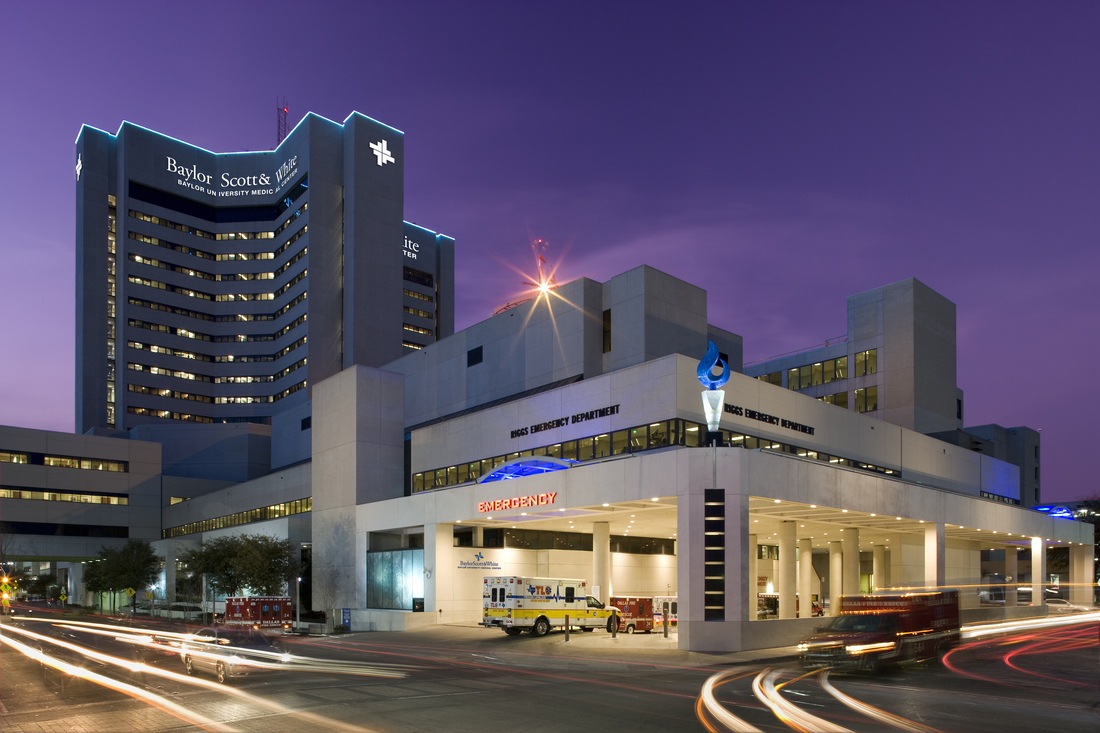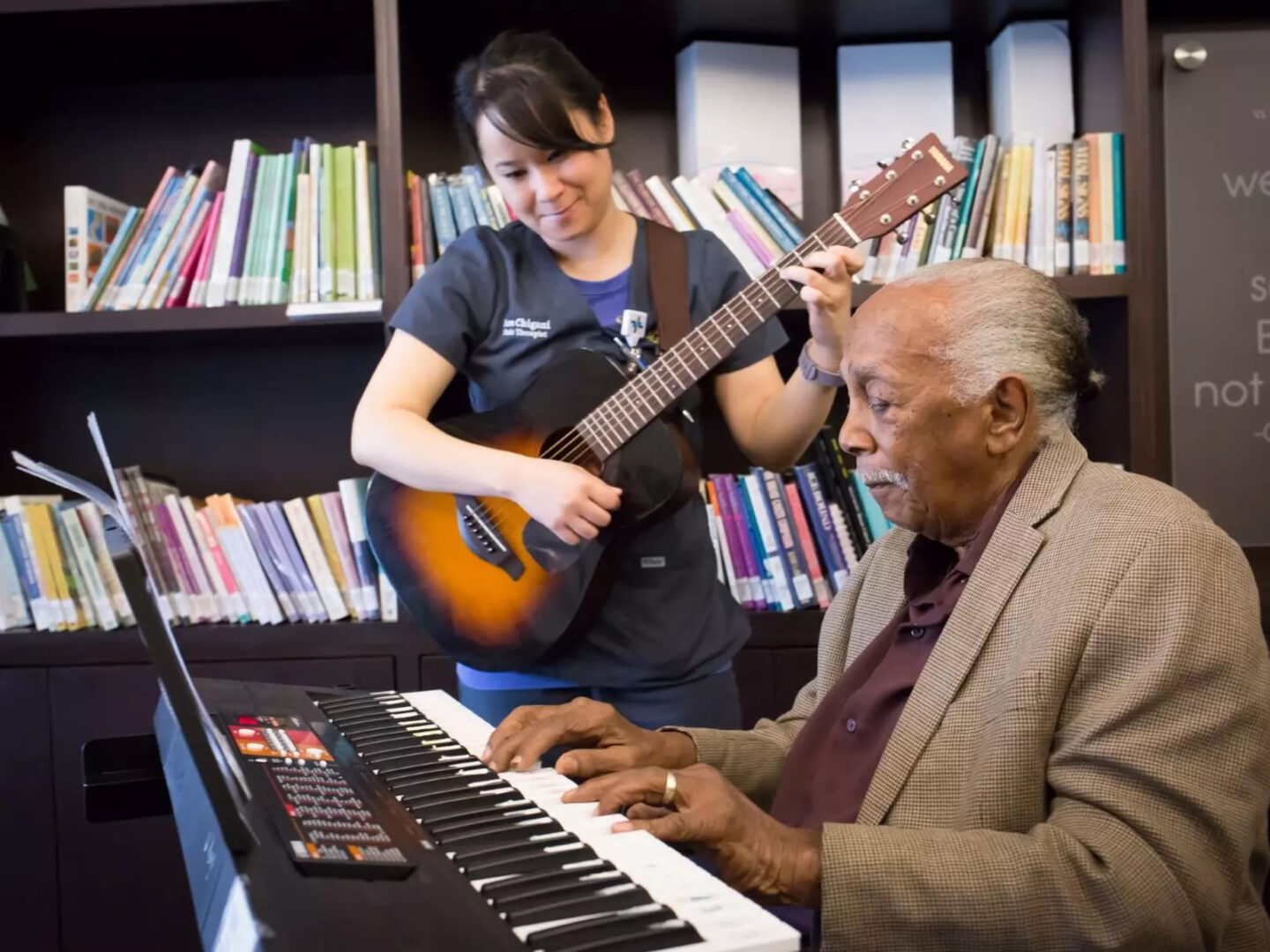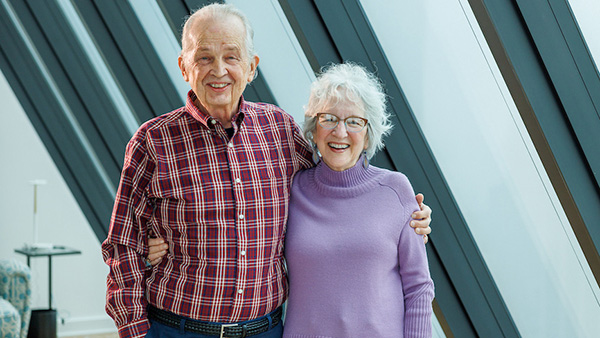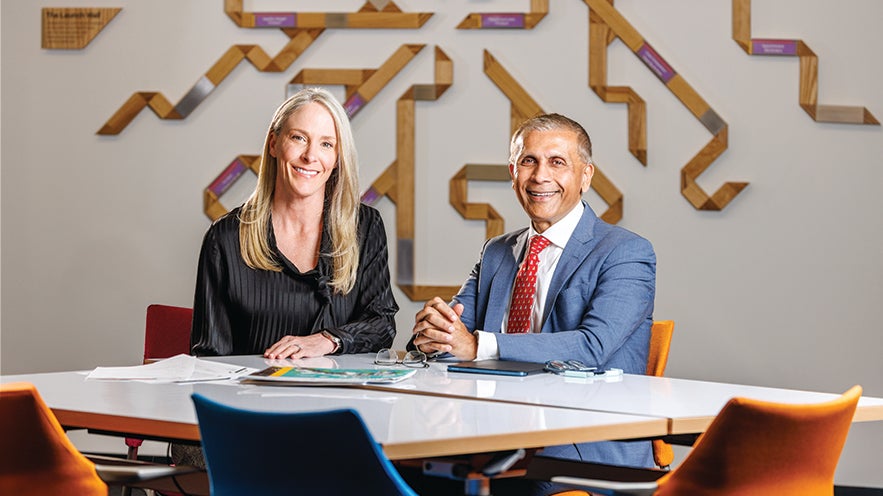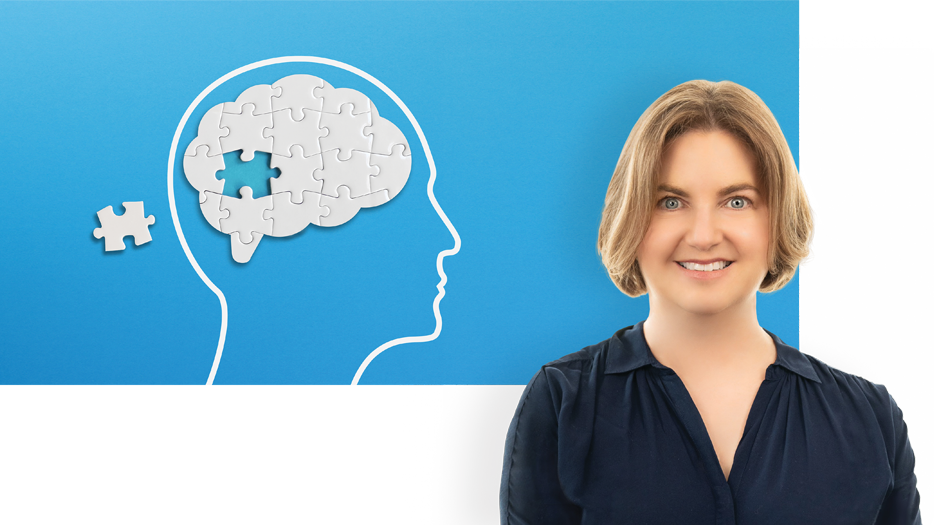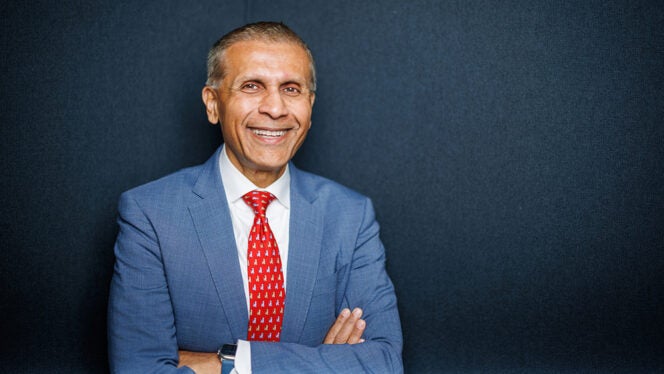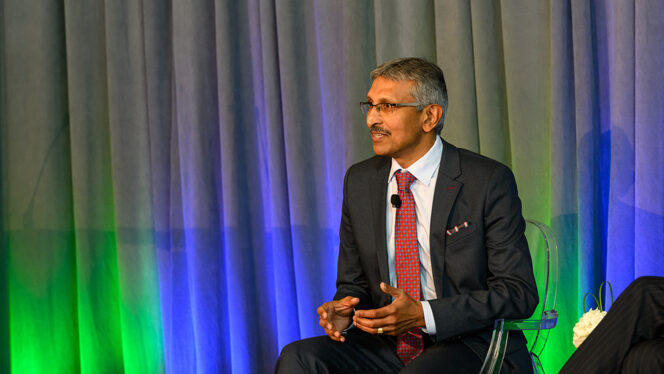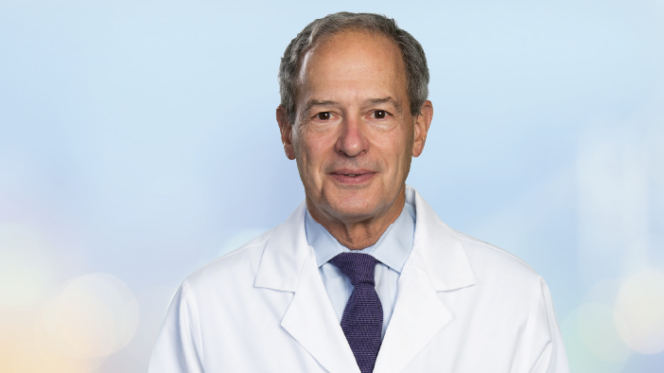In this Article
- What is lecanemab and how does it work to fight Alzheimer’s disease?
- How did Baylor Scott & White prepare for the approval of this new drug?
- How does this impact the work at BSW AT&T Memory Center?
- What patient populations are most likely to benefit from the new drug?
- Is this the advance you and your colleagues have been waiting for, or is it the first step?
BSW AT&T Memory Center director Cindy Marshall, MD, answers questions about new FDA drug approval.
In this Article
- What is lecanemab and how does it work to fight Alzheimer’s disease?
- How did Baylor Scott & White prepare for the approval of this new drug?
- How does this impact the work at BSW AT&T Memory Center?
- What patient populations are most likely to benefit from the new drug?
- Is this the advance you and your colleagues have been waiting for, or is it the first step?
In July 2023, the U.S. Food and Drug Administration (FDA) granted traditional approval to lecanemab (brand name Leqembi), a drug for the treatment of early Alzheimer’s disease. Cindy Marshall, MD, medical director of Baylor Scott & White AT&T Memory Center, shares what this means for patients and families facing a neurodegenerative disease diagnosis.
What is lecanemab and how does it work to fight Alzheimer’s disease?
The FDA approval of lecanemab is a significant development in the fight against Alzheimer’s disease. It is the first drug to be approved that has been shown to slow the progression of the disease in people with early Alzheimer’s by reducing amyloid beta plaques in the brain. While not the only cause of Alzheimer’s disease, amyloid plaques are believed to be a major contributor to it. Lecanemab is administered twice monthly through intravenous infusion, and while it is not a cure for Alzheimer’s, it could offer hope to people with the disease and their families.
How did Baylor Scott & White prepare for the approval of this new drug?
While other institutions are focused on bench research, Baylor Scott & White has robust efforts in clinical research, which brings new drugs and therapies, like lecanemab, directly to patients.
Our team has been gearing up for this moment since last fall. We knew there was a strong likelihood of lecanemab being granted accelerated approval, a pathway by which the FDA expedites the approval of drugs for serious conditions, given promising results in initial clinical trials.
As anticipated, lecanemab secured this accelerated approval in January 2023. To provide swift access for our patients, we conducted preliminary screenings of all individuals under our care at the Memory Center. This enabled us to promptly extend this treatment option to those eligible.
In March 2023, we were able to access outside infusion centers as we worked through pharmacy and therapeutics approval at Baylor Scott & White and successfully administered the first infusion. Due to our ability to offer this drug after accelerated approval, we are very much ahead of the curve and currently have about 50 patients who are at some stage of infusion. We anticipate being able to start infusing at Baylor Scott & White this fall.
How does this impact the work at BSW AT&T Memory Center?
A big part of what we do is evaluate and assess memory loss in patients to determine if they have a memory disorder. Lecanemab is for those in the beginning stages of disease—which is often when patients first come to us for answers. This is a great intersection of our work to provide an accurate diagnosis with an immediate option for a treatment that slows disease progression.
What patient populations are most likely to benefit from the new drug?
To be eligible for lecanemab, patients must have mild cognitive impairment or mild Alzheimer’s dementia with confirmed amyloid pathology through PET scan or spinal fluid. Patients must also be free of certain medical conditions, such as recent stroke or history of multiple brain microhemorrhages.
The management of the infusions is complex and requires extensive coordination with neuroimaging facilities and infusion centers. This drug class carries risk of brain edema (swelling) and bleeding. Baylor Scott & White is committed to the safety of patients receiving lecanemab and the clinic follows the recommended MRI schedule to monitor for these potential side effects.
Is this the advance you and your colleagues have been waiting for, or is it the first step?
It’s step one. We’ve waited a very long time to have treatments—this is my 20th year of practice—and no one ever thought it would be this long. It’s the promise of things to come—we also expect the FDA to approve another amyloid antibody compound later this year. I think it’s like the first cancer drug or the first hypertension drug—we start with one type and then over time, it’s probably going to be a layering of medications that someone takes for Alzheimer’s disease. I’m incredibly grateful to those who dedicated their work to developing treatments and to all those who have supported the work of the Memory Center. Until we have better treatment options or a cure, our work to support patients and families throughout
their diagnosis is incredibly meaningful and impactful.
In addition to evaluating patients for memory disorders, BSW AT&T Memory Center provides comprehensive support and care to patients and their families. Philanthropic support helped create BSW AT&T Memory Center and provides ongoing support each year. For more information on how you can support this important work, please contact Tim Moore at 214.820.7877 or Timothy.Moore@BSWHealth.org.
